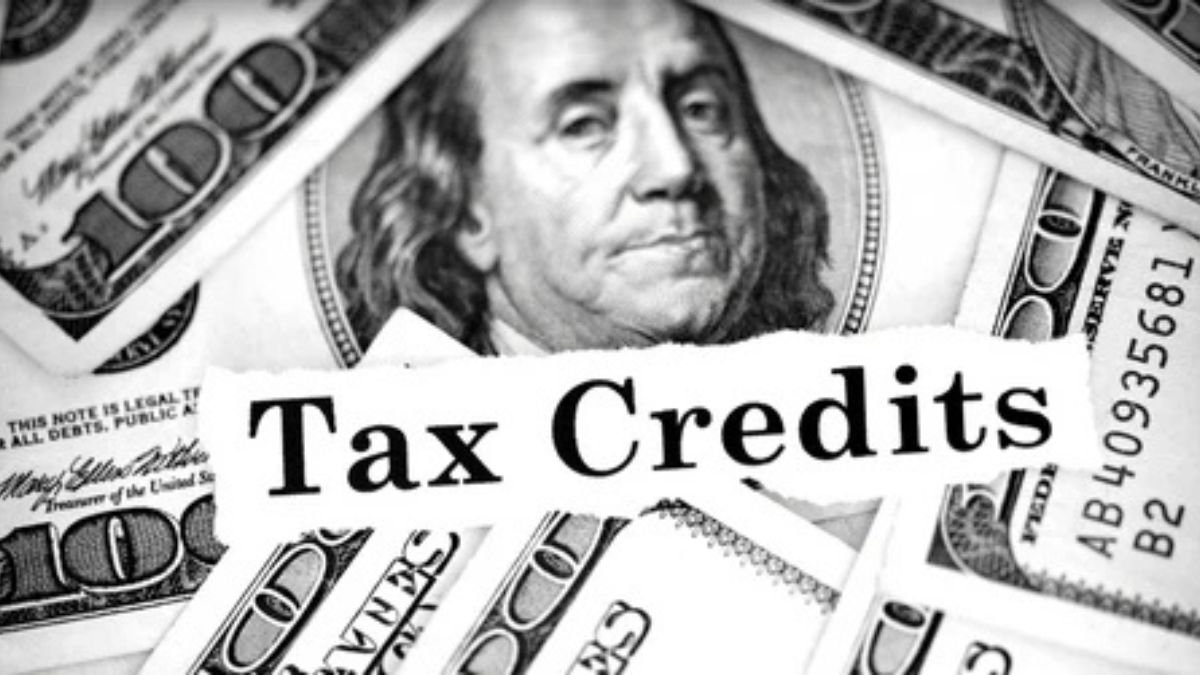Electric vehicles (EVs) are becoming increasingly popular these days. Environmental protection, fuel savings, and attractive government tax credits are driving people to electric cars. In the United States, the government has implemented a tax credit of up to $7,500 for electric vehicles. But many people wonder if their purchased electric vehicle doesn’t arrive on time. According to new guidelines, this is now possible. In this article, we’ll explain in detail how you can secure a $7,500 tax credit for your delayed electric vehicle.
The Importance of the Electric Vehicle Tax Credit
The electric vehicle tax credit isn’t just for financial gain, it’s also an incentive to move toward green energy and reduce dependence on conventional fuels. The $7,500 tax credit plays a key role in many buyers’ decision-making. This credit is directly deducted on your federal tax return, reducing your total tax liability.
Traditionally, claiming a tax credit could be difficult if your car didn’t arrive on time. But under the new guidelines, claiming the credit has now become easier even for vehicles delivered late.
What do the new guidelines say?
According to the new guidelines, if you’ve ordered an electric vehicle and the delivery is delayed, you can still claim the $7,500 tax credit. This requires the time between order and delivery to be within the limits set by the guidelines.
The government has taken this step to avoid unnecessary inconvenience to buyers. Previously, if a vehicle wasn’t delivered on time, the tax credit could be lost, but now this adds a new layer of protection for buyers.
How to Prove a Vehicle Purchased
To secure a tax credit for a delayed vehicle, you must first prove that the vehicle was actually purchased. To do this, you must keep a copy of the order confirmation, payment receipt, and any communications received from the seller.
These documents will prove that you are the actual purchaser of the vehicle and are entitled to the tax credit. This will assure the tax department that your claim is valid and the delay was only in the delivery process.
How to Claim the Tax Credit
To claim the tax credit, you must include it in your annual federal tax return. Under new guidelines, you can still claim the credit when filing your return even if the vehicle is not delivered on time.
You must clearly indicate the vehicle’s order and delivery status on your tax return. It’s also beneficial to attach a certificate and payment receipt from the seller. This will make it easier for tax authorities to validate your claim.
Common Reasons for Delayed Delivery
Delays in electric vehicle deliveries are often due to a variety of reasons. These include production delays, chip and battery shortages, logistics issues, and stock shortages due to high demand. The new guidelines protect buyers in these situations, ensuring they don’t suffer financial losses.
Furthermore, the new regulations ensure that vehicle delivery delays don’t impact your tax credit.
Timeframes Required to Secure Credit
The new guidelines clarify that the time between order and delivery must be within a certain limit to claim the tax credit. If delivery is completed within this limit, the $7,500 credit is secured.
It’s important to adhere to this rule. If delivery is delayed beyond the stipulated period, you should contact your tax advisor to find an alternative solution.
Maintaining Documents and Records
The most important part of securing credit is maintaining your documents and records. Order confirmations, payment receipts, copies of emails and messages, and notices of the new delivery date should be preserved.
These documents will help prove to tax authorities that you purchased the vehicle and that the delay was not your fault.
The Role of a Tax Advisor
If you are claiming the electric vehicle tax credit and your vehicle is delivered late, it’s crucial to seek the assistance of a qualified tax advisor. They will explain the correct procedures and assist you with document preparation in accordance with the new regulations.
Furthermore, they will ensure that your claim is completely valid and avoid any tax disputes.
The Result: Protection for Buyers
The biggest benefit of the new guidelines is that they provide protection to buyers. Buyers can now purchase electric vehicles without worry, knowing that even if the vehicle doesn’t arrive on time, the $7,500 tax credit will remain intact.
This will increase public confidence in the electric vehicle industry and attract more people to environmentally friendly options.
Future Prospects
The government is continuously working to increase incentives and tax credits for electric vehicles. It’s likely that this credit will become even more attractive in the future, making it even more beneficial for buyers to purchase electric vehicles.
New guidelines to secure credit despite late delivery ensure that people are paid for their eco-friendly decision
Conclusion
Under the new guidelines, the $7,500 EV tax credit is now also applicable for delayed electric vehicles. This move is not only a relief for buyers but will also strengthen the electric vehicle industry. With proof of order, payment receipt, and the help of a tax advisor, you can easily claim the credit.
Thus, delayed delivery is no longer a cause for concern; it marks the beginning of a new era for electric vehicle buyers, one that takes into account both environmental and economic security.
FAQs
Q1: What is the $7,500 EV tax credit?
A: It’s a federal tax incentive in the U.S. that reduces your tax liability by up to $7,500 when you purchase a qualifying electric vehicle.
Q2: Can I still claim the EV tax credit if my car is delivered late?
A: Yes, new guidelines allow buyers to claim the $7,500 credit even if the vehicle’s delivery is delayed.
Q3: What proof do I need to claim the credit?
A: Keep your order confirmation, payment receipts, and any communication from the dealer regarding delivery.



